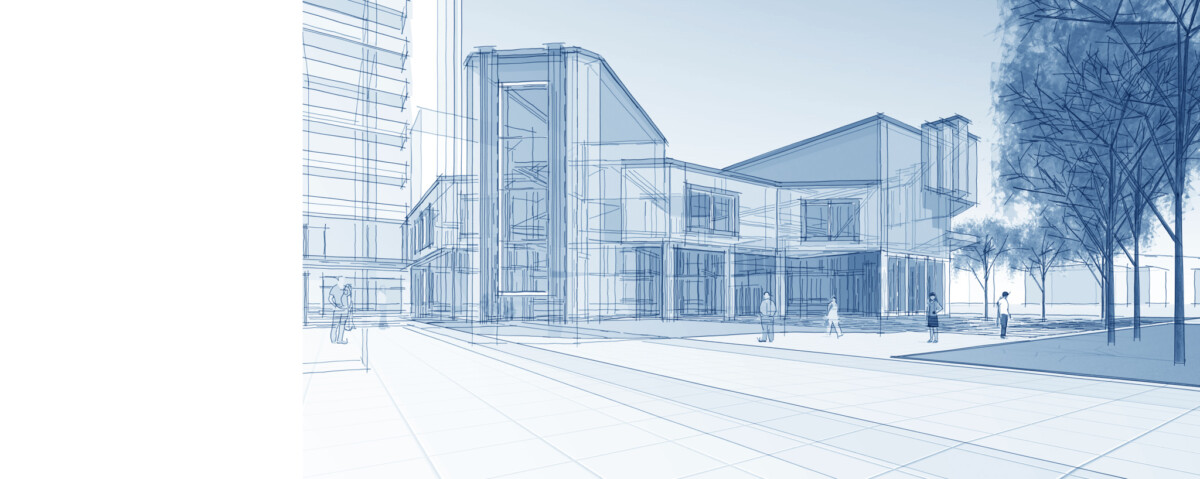Introduction
Demographics play a crucial role in shaping real estate markets. They provide essential insights into population trends, age distribution, income levels, family structures, and lifestyle preferences, all of which influence housing demand and property values. By understanding demographic patterns, investors, developers, and policymakers can make informed decisions to better cater to market needs and anticipate future trends.
What Are Demographics?
Demographics refer to statistical data related to a population’s characteristics. These include age, gender, income, education, occupation, marital status, household size, etc. These factors collectively impact housing preferences and demand for various real estate types, including residential, commercial, and industrial properties.
The Impact of Age Distribution
Age distribution is among the most significant demographic factors influencing real estate markets. Different age groups have varying housing needs:
- Baby Boomers (Born 1946-1964): This aging demographic often seeks downsized homes, retirement communities, or assisted living facilities.
- Generation X (Born 1965-1980): In their peak earning years, they typically seek family-oriented housing in suburban areas with good schools.
- Millennials (Born 1981-1996): This group prioritizes urban living, rentals, and affordable housing, although many are now entering their home-buying phase as they establish families.
- Generation Z (Born 1997-2012): As they enter the workforce, their demand is currently focused on affordable rentals and co-living spaces. However, it is expected to shift toward homeownership over time.
Income Levels and Affordability
Income levels directly affect housing affordability and demand. In markets where income growth is stagnant, demand for high-end real estate declines while demand for affordable housing increases. Conversely, areas with rapid income growth often see a surge in property values and luxury housing developments.
Urbanization Trends
Urbanization shapes real estate markets as populations migrate to urban centers for employment and lifestyle opportunities. High demand for residential properties, particularly rental units, drives prices and leads to high-density housing development. Meanwhile, suburban areas may experience slower growth unless there is adequate infrastructure and amenities to attract residents.
Family Structures and Household Sizes
Changing family dynamics also influence real estate trends. As single-person households and child-free couples become more common, demand for smaller housing units and apartments rises. Conversely, areas with larger family sizes may require more spacious, multi-bedroom homes.
Cultural and Lifestyle Preferences
Cultural shifts and lifestyle changes also influence real estate demand. For example, the growing popularity of remote work has increased the demand for home offices and properties in suburban or rural areas as individuals seek more space and affordability outside of major cities.
Government Policies and Demographics
Government policies related to immigration, housing incentives, and zoning regulations can impact demographic trends. For example, favorable immigration policies can lead to population growth, driving demand for rental housing and first-time home purchases.
The Importance of Market Research
Real estate professionals must conduct thorough demographic research to identify market opportunities and risks. Understanding population trends helps developers decide where, what to build, and how to market their properties effectively.
Conclusion
Demographics are a foundational aspect of real estate market analysis. By carefully analyzing population data and trends, real estate professionals can make strategic decisions that align with evolving market demands. Adapting to these shifts will be essential for successful real estate investment and development as demographics change.
Thank you for reading! If you enjoyed this article and want to explore more content on similar topics, check out our other blogs at Sonic Loans, Sonic Realty, and Sonic Title. We have a wealth of information designed to help you navigate the world of real estate and finance. Happy reading!
Are you looking for the right loan? Check out Sonic Loans for tailored mortgage solutions that make home financing simple and efficient.
How to Improve Your Credit Score Before Applying for a Mortgage
FHA vs. Conventional Loans: What’s Best for First-Time Buyers?
Digital Property Management Solutions: The Future of Real Estate Efficiency
Virtual Reality in Property Marketing: The Future of Real Estate
PropTech Trends Shaping Real Estate
AI in Real Estate: Current Applications
Blockchain in Real Estate: Future Applications
Smart Home Features Worth Installing
Allen Park vs. Garden City: Where to Invest in 2025










